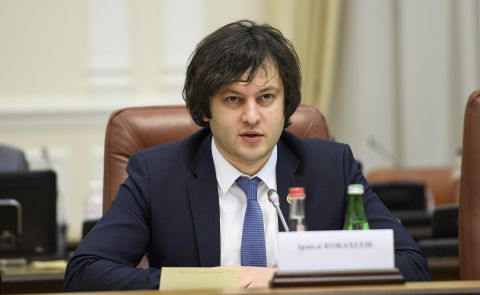
Armenian PM Pushes for Peace, Regional Projects at Yerevan Dialogue Forum
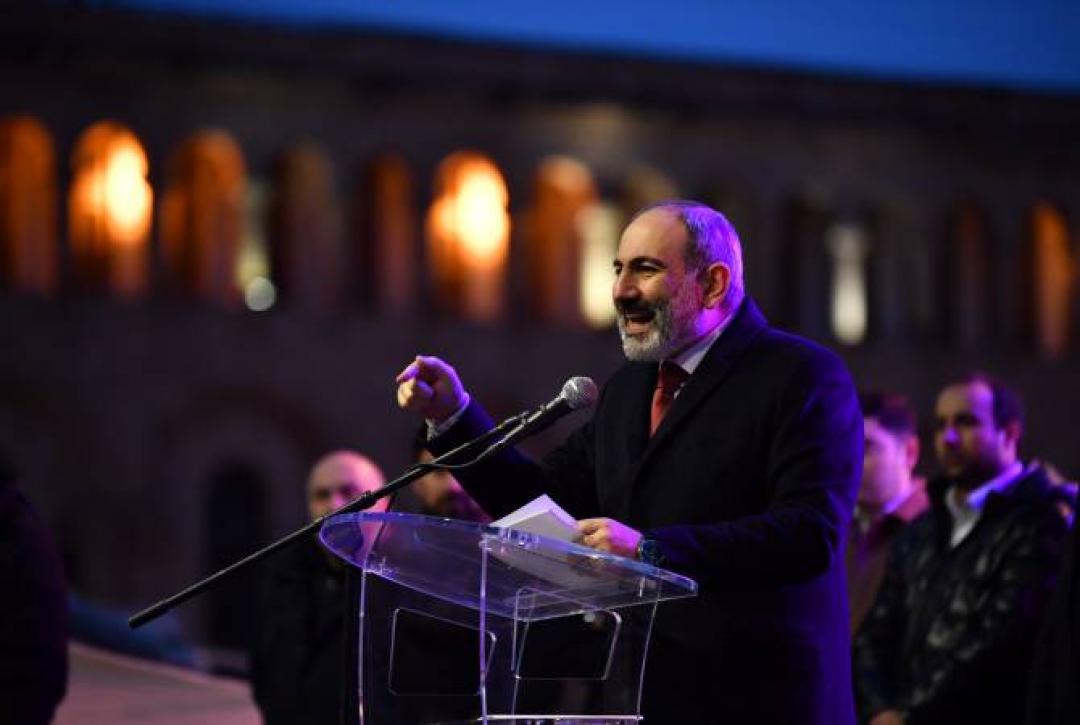
On September 10, Armenian Prime Minister Nikol Pashinyan addressed the Yerevan Dialogue international conference, highlighting the platform's significance for discussing international and regional issues, exchanging views, and proposing ideas.
Pashinyan discussed the potential for lasting and stable peace in the South Caucasus, stating that such peace is both possible and realistic. He elaborated on the peace treaty negotiations between Armenia and Azerbaijan, noting that 80% of the draft treaty has been agreed upon. Specifically, 13 articles and the preface have been fully agreed upon, while three are partially agreed upon. Pashinyan proposed signing the agreed portions of the treaty and continuing discussions on the unresolved issues, emphasizing that the treaty includes mechanisms for ongoing dialogue and establishing diplomatic relations between the two countries.
He also mentioned progress in the demarcation process, highlighting that Armenia and Azerbaijan recently signed a regulation on the joint activities of their border demarcation commissions. This regulation incorporates the Almaty Declaration as the basis for the delimitation process. Pashinyan noted that the Armenian government has submitted the draft regulations to the Constitutional Court for a ruling on its constitutionality and will subsequently send it to the National Assembly for ratification.
Regarding the "Crossroads of the World" project, Pashinyan emphasized its importance for regional connectivity, including potential railway, highway, gas pipeline, and power line connections between Armenia, Azerbaijan, Turkey, and Iran. He stressed Armenia's readiness to implement this project and address any concerns about its compliance with the November 9, 2020, trilateral statement. Pashinyan rejected claims that the statement implies third-party control over Armenian territory, asserting that Armenia is the security guarantor for communications within its borders.
Pashinyan also addressed the status of refugees and prisoners, noting that the November 9 statement includes provisions for returning internally displaced persons and releasing prisoners. He pointed out that Armenia has not seen the return of refugees or prisoners as expected and criticized other partners for failing to meet their obligations under the statement.
He concluded by emphasizing the importance of accepting the agreed terms of the peace treaty and moving forward with additional negotiations to resolve remaining issues. The Armenian government has sent the regulations for the border delimitation commissions to the Constitutional Court for verification, with further steps contingent on the court’s ruling and subsequent ratification by the National Assembly.
Azerbaijan's response
On the same day, the Azerbaijani Foreign Ministry responded to statements made by Armenian Prime Minister Nikol Pashinyan at the "Yerevan Dialogue" forum. The Azerbaijani Foreign Ministry accused Pashinyan of distorting the facts regarding the draft "peace agreement" and the tripartite statement of November 10.
The Ministry criticized the Armenian officials' call to sign the draft peace agreement while removing non-agreed provisions and attempting to defer unresolved issues to a later stage. They emphasized that a true and lasting peace agreement requires Armenia to cease its territorial claims against Azerbaijan, enshrined in its legal and political documents, including its constitution.
Regarding claims of territorial disputes, the Azerbaijani Foreign Ministry rejected the notion that the Constitutional Act of Azerbaijan contains territorial claims against Armenia, arguing that the 1991 Constitutional Act and the 1918 Declaration of Independence do not include such claims.
The Ministry also refuted Pashinyan's assertion that the Armenian Constitution's territorial claims are harmless under the peace agreement's provision that domestic legislation cannot be used to justify non-compliance. They maintained that international agreements do not supersede national constitutions.
Regarding opening communications, Azerbaijan accused Armenia of misinterpreting its obligations under the tripartite statement, particularly regarding control over transport links. The Ministry denounced Armenia's military activities in Azerbaijani territories and alleged that Armenia's actions led to ethnic cleansing and obstructed the return of refugees.
Regarding the return of prisoners of war, Azerbaijan stated that while it had adhered to humanitarian principles by returning prisoners, Armenia's subsequent treatment of these prisoners was concerning.
The Azerbaijani Foreign Ministry called on Armenia to cease its allegedly aggressive and slanderous rhetoric, which they believe undermines the prospects for peace.
See Also

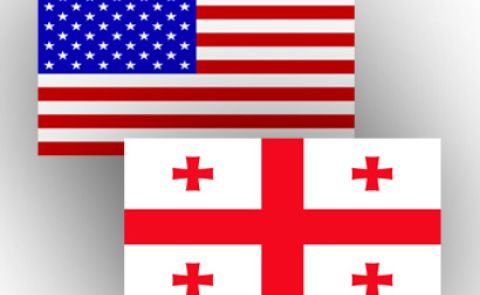
Kobakhidze Meets US Senator Daines to Discuss Bilateral Relations
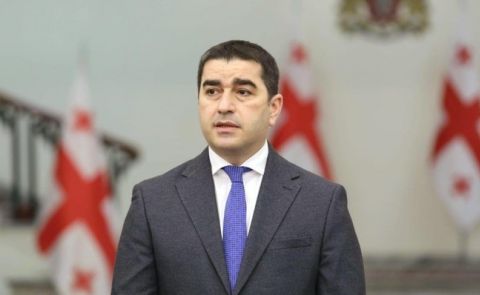
Georgian Speaker Condemns Embassy Travel Warnings as Economic Attack
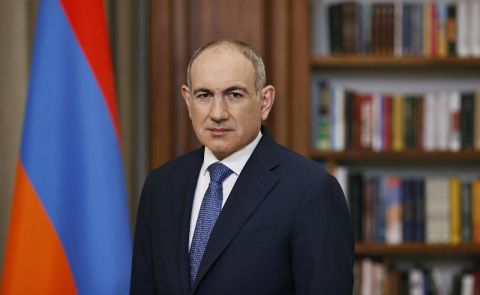
Political Crisis Deepens Between Armenian Government and Apostolic Church After Pashinyan’s Remarks
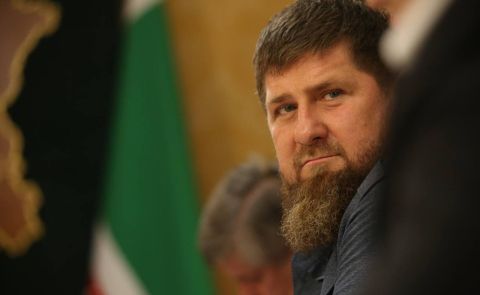
Ramzan Kadyrov Awards Title to Ingush Businessman

